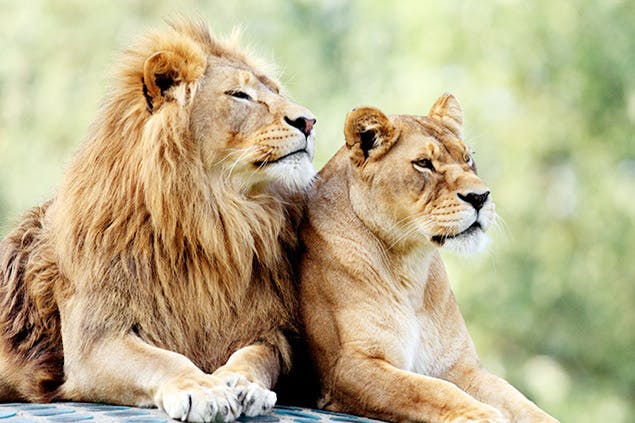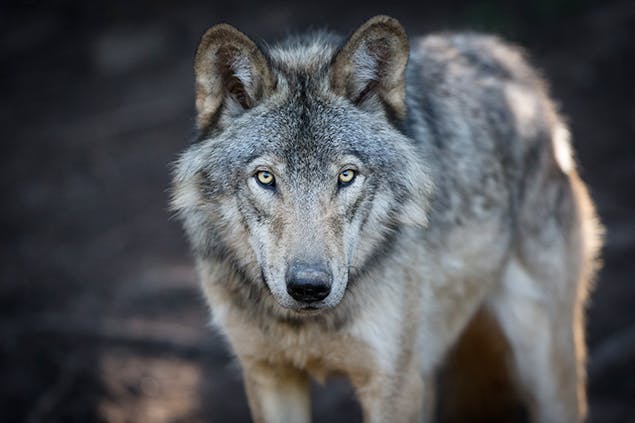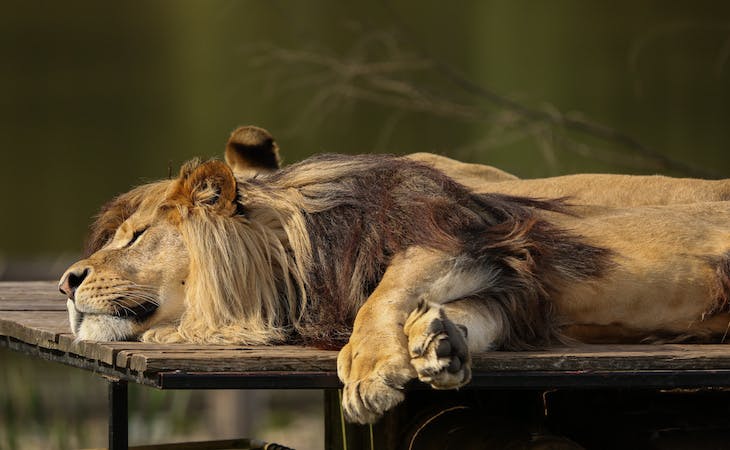
Knowing your chronotype can help you determine the best times for various activities, such as exercising, working, and sleeping. There are four main chronotypes: Lions, Bears, Wolves, and Dolphins. Each chronotype has its own sleep/wake cycle and impacts daily activities. Understanding your chronotype can lead to increased productivity and overall well-being.
Lion, Bear, Wolf, or Dolphin—do you know your chronotype?
It turns out I’m a Lion, and knowing that can help me figure out when I should exercise, ask for a raise, do my taxes, even have sex.
“A chronotype is a specific circadian rhythm,” explains Michael Breus, PhD, a clinical psychologist, fellow of the American Academy of Sleep Medicine, and author of The Power of When: Discover Your Chronotype. While circadian rhythms are a collection of processes in the body that follow a 24-hour schedule, your chronotype is how your particular circadian rhythm is set and expressed.
The chronotype category you fall into is largely out of your control. “Chronotypes are genetically predetermined,” Breus says. “So if you do 23andMe or Ancestry.com, you can actually figure out genetically speaking what your likely chronotype is.” But it’s not completely up to your DNA. Just because you have the genetics for something doesn’t mean it will be expressed. Environment and other external factors can also play a role in your chronotype.
The idea of chronotypes is not a new one. As early as 1939, American physiologist and sleep researcher Nathaniel Kleitman published Sleep and Wakefulness, promoting the idea that the body had both active and rest periods. In the 1970s, this concept was shaped by the morningness–eveningness questionnaire, which led to the idea that people were either “early birds” or “night owls.” Additional research in the field has expanded the idea that there are more than just two chronotypes.
The four chronotypes: Which one are you?
Breus’ research has led him to suggest that there are four main chronotypes, which he categorizes as Lion, Bear, Wolf, and Dolphin. “I chose these animals because they exhibit the characteristics of each particular circadian rhythm,” he explains. While each chronotype has its own sleep/wake cycle, the chronotype also impacts a wide variety of other daily activities. See if you can spot yourself in any of the chronotype characteristics—and take Breus’ chronotype quiz to find out which category you fall into.
Lion

This is your traditional “early bird,” says Breus. While they only make up about 15% of the population, Lions naturally wake up early, rarely need an alarm, and don’t even know how to use the snooze button. “Lions are my Type-A personalities,” says Breus. “In business, they are great operators and really good at managing people. They often aren’t the ones to start companies, but they can sure run them.” Lions tend to be very regimented about their day, which also makes them good at eating well, fitting in exercise, and taking care of their health.
Bear

The most common chronotype, the Bear accounts for about 55% of the total population. “Bears tend to keep a fairly standard sleep/wake cycle, getting up around 7 a.m. and heading to bed by 10 or 11 p.m.” Breus describes Bears as the most outgoing and extroverted of the chronotypes. “Bears are ones who invite you to their home for dinner, take you out for lunch, buy you a drink at the bar. They are fun to be around.” At work, they are also the ones who get the job done.
Wolf

If you work best at night, you’re likely a Wolf, like Breus himself. “Wolves rarely go to bed before midnight—ever,” he says. “And they certainly hate mornings.” However, they do put those nighttime hours to good use. Wolves are usually the creatives, the visionaries, the artists, and musicians. In contrast to Bears, Wolves are more often introverted. “My Wolves also tend to be the biggest risk-takers and have the poorest health because they don’t have the tendency to take care of themselves as well.”
Dolphin

If you suffer from regular insomnia, you may be part of 10% to 15% of the population that Breus categorizes as a Dolphin. “I chose the dolphins because they sleep unihemispherically, which means that half of their brain is asleep while the other half is awake looking for predators.” A familiar feeling if you’ve ever laid wide-eyed in bed at 2 a.m. desperate for sleep while your brain races through a laundry list of tomorrow’s to-dos, past regrets, or future plans. “In some ways, my Dolphins are similar to my Lions—they are both list-makers and box checkers,” says Breus, but at the end of the day, no project for a Dolphin is ever complete.
Related: What your astrological sign says about the way you sleep
The benefits of knowing your chronotype
So you find out you’re a Bear or a Dolphin—now what? “Knowing your chronotype is like your own secret weapon to know when you’ll do things the best,” explains Breus. “As a Wolf, I know reading detailed information in the morning isn’t a good idea for me. So I save my detailed reading for between 3 and 5 p.m. because that’s when my brain is the most focused.”
Understanding which chronotype you are goes way beyond just knowing when you are likely to wake up in the morning or may want to head to bed. Your chronotype impacts everything from the best time to exercise or ask for a raise to when you should eat, tackle a difficult problem, or get intimate—details that Breus explains for each chronotype in his book. “If you’re functioning based on how your internal rhythm wants you to function, you’re not fighting against your system,” he says.
Related: The health risks of being a night owl
You may already be naturally following your chronotype—exercising in the morning if you’re a Lion, later in the afternoon or evening if you’re a Wolf. However, if your lifestyle or habits are set up to work against your chronotype, you may find yourself getting frustrated—or even sick. Maybe that scale isn’t budging despite all your gym visits. Or perhaps you just couldn’t give that boardroom presentation the energy it needed. Or your last date night fizzled out early.
The bottom line: “When you know your chronotype, you will be more productive,” says Breus. “Your work will be more productive, your relationships will be more productive, and you’ll have more energy to do things because you’re doing them at the schedule in which your body aligns.”
Kate Bayless
Kate Bayless is a freelance writer and content creator for a variety of print and online publications, including Women’s Health, Prevention, and Parents. She covers health and wellness, parenting and pregnancy, travel, and more.



